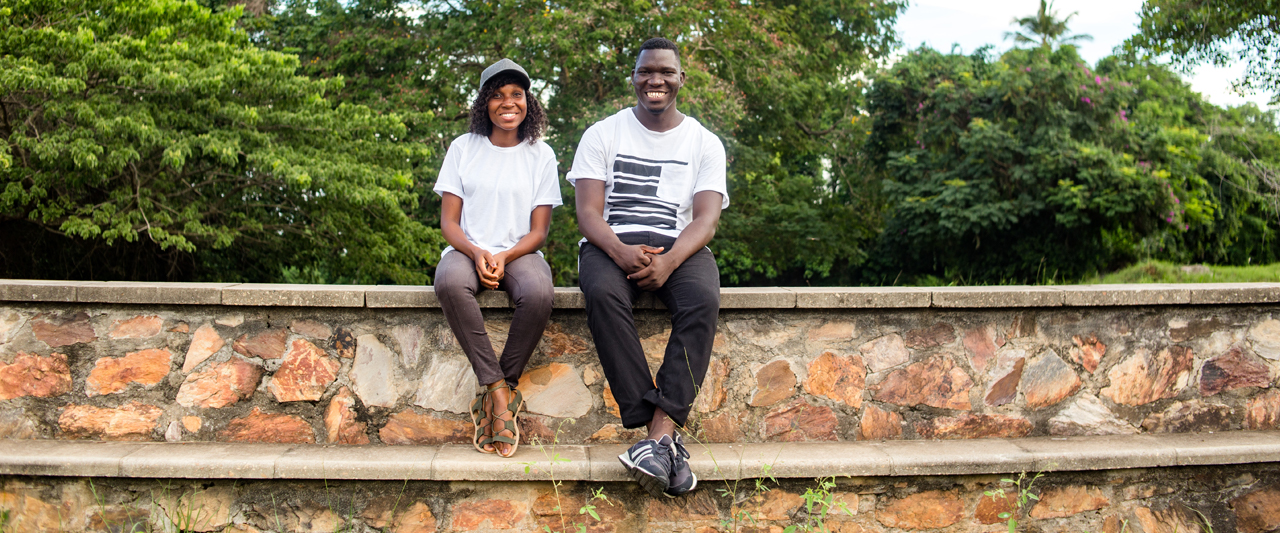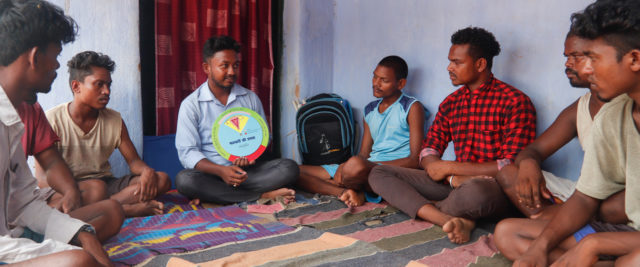Two young reproductive rights champions in Ghana speak out
Samuel Lamptey grew up around women—he has 11 sisters. This experience has helped him understand and empathize with the issues women face, including unwanted pregnancy and unsafe abortion. “We cannot make progress if we don’t understand the issues of women,” he says.
Lamptey and his colleague, Aku Dzifa Amenyedzi, are young reproductive rights champions in Ghana, and both have been members of Ipas Ghana’s Youth Advisory Board (YAB) for years. The board includes 15 young people from across Ghana—doctors, journalists, activists and representatives of different religious groups—who contribute to Ipas Ghana’s youth programming and plan and implement their own activities.
Below, watch Amenyedzi and Lamptey explain why they’re committed to sharing sexual and reproductive health information with other young people—and why it’s so important for men to be involved.
I want to inspire young men to respect women and to know that women have rights over their own bodies
— Samuel Lamptey, Ipas Ghana Youth Advisory Board
Amenyedzi is motivated to work with other young people because she knows that access to sexual and reproductive health and rights information can be life-saving. “Once somebody is informed, they are able to make the choice that is right for them,” she says.
The YAB organizes “edutainment” activities for young people—like drama performances and basketball tournaments—that include information about contraception and safe abortion. These activities are making a difference for young people. After the YAB visited a high school, a girl approached Amenyedzi and said that she was grateful to have the information. “For her to walk up to me and share that—it means it was something she needed,” says Amenyedzi. “There are many others who need this information, too.”
Lamptey is known in his community as a peer educator, and when young people face unwanted pregnancy, they often seek referrals to health centers from him. One person still comes back to thank him for his help. “These are the moments I live for, that uplift me,” says Lamptey.
When men support family planning and abortion services, it makes the world a better place
— Samuel Lamptey, Ipas Ghana Youth Advisory Board
Amenyedzi and Lamptey believe that men’s involvement helps support women to access their reproductive rights. “Men have to put themselves in women’s shoes,” Lamptey says. “Men have to show empathy. Men should also encourage women to go in for family planning services. [Unsafe] abortion deaths are preventable, and men have a huge role to play.”
In Ghana, it’s common for women to be concerned with what their partners will think if they use contraception or have an abortion. But Amenyedzi says that if men are educated, they can help their partners make an informed decision. “It’s an informed male who will be able to hold the hand of his female partner and go to the hospital and do the right thing,” she says. “They need to be a part of it.”
Men can help advance gender equity by recognizing that men and women are both the heads of the house, Lamptey says. “That’s when things will start changing and women will feel empowered.”
For more information, contact [email protected].




